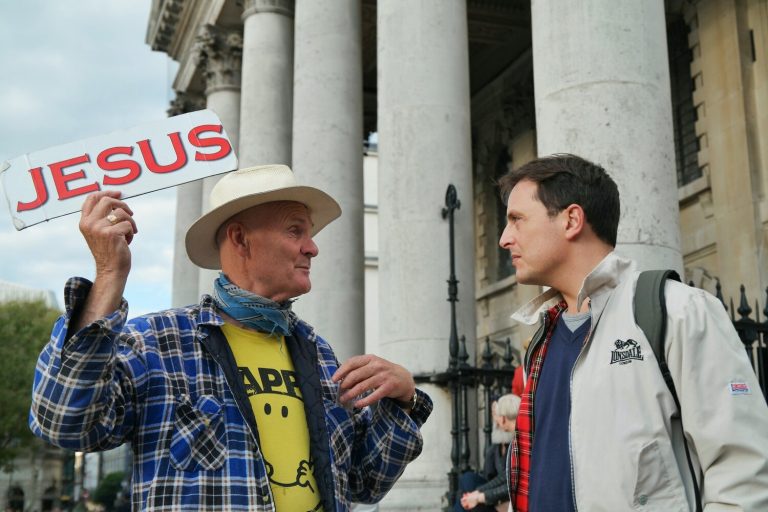
[ad_1]

My findings, published in June 2023 in the journal Sociology of Religion, were that the unaffiliated are divided in their voter turnout: Some unaffiliated groups are more likely to vote than religiously affiliated respondents, and some are less likely.
People who identified as atheists and agnostics were more likely to vote than religiously affiliated respondents, especially in more recent elections.
For example, after controlling for key demographic predictors of voting – like age, education and income — I found that atheists and agnostics were each about 30% more likely to have a validated record of voting in the 2020 election than religiously affiliated respondents.
With those same controls, people who identified their religion as simply “nothing in particular,” who are about two-thirds of the unaffiliated, were actually less likely to turn out in all four elections. In the 2020 election sample, for example, I found that around 7 in 10 agnostics and atheists had a validated voter turnout record, versus only about half of the “nothing in particulars.”
Together, these groups’ voting behaviors tend to cancel each other out. Once I controlled for other predictors of voting like age and education, “the nones” as a whole were equally likely to have a turnout record as religiously affiliated respondents.
Religious and nonreligious voting patterns may not be so different after all. Hill Street Studios/DigitalVision via Getty Images
2024 and beyond
Concern about growing Christian nationalism, which advocates for fusing national identity and political power with Christian beliefs, has put a spotlight on religion’s role in right-wing advocacy.
Yet religion does not line up neatly with one party. The political left also boasts a diverse coalition of religious groups, and there are many Republican voters for whom religion is not important.
If the percentage of people without a religious affiliation continues to rise, both Republicans and Democrats will have to think more creatively and intentionally about how to appeal to these voters. My research shows that neither party can take the unaffiliated for granted nor treat them as a single, unified group. Instead, politicians and analysts will need to think more specifically about what motivates people to vote, and particularly what policies encourage voting among young adults.
For example, some activist groups talk about “the secular values voter:” someone who is increasingly motivated to vote by concern about separation of church and state. I did find evidence that the average atheist or agnostic is about 30% more likely to turn out than the average religiously affiliated voter, lending some support to the secular values voter story. At the same time, that description does not fit all the “nones.”
Instead of focusing on America’s declining religious affiliation, it may be more helpful to focus on the country’s increasing religious diversity, especially because many unaffiliated people still report having religious and spiritual beliefs and practices. Faith communities have historically been important sites for political organizing. Today, though, motivating and empowering voters might mean looking across a broader set of community institutions to find them.
Rethinking assumptions
There is good news in these findings for everyone, regardless of their political leanings. Social science theories from the 1990s and 2000s argued that leaving religion was part of a larger trend in declining civic engagement, like voting and volunteering, but that may not be the case.
According to my research, it was actually unaffiliated respondents who reported still attending religious services who were least likely to vote. Their turnout rates were lower than both frequently attending religious affiliates and unaffiliated people who never attended.
This finding matches up with previous research on religion, spirituality and other kinds of civic engagement. Sociologists Jacqui Frost and Penny Edgell, for example, found a similar pattern in volunteering among religiously unaffiliated respondents. In a previous study, sociologist Jaime Kucinskas and I found that spiritual practices like meditation and yoga were just as strongly associated with political behavior as religious practices like church attendance. Across these studies, it looks like disengagement from formal religion is not necessarily linked to political disengagement.
As the religious landscape changes, new potential voters may be ready to engage – if political leadership can enact policies that help them turn out, and inspire them to turn out, too.
This piece is republished from The Conversation.
[ad_2]
Source link